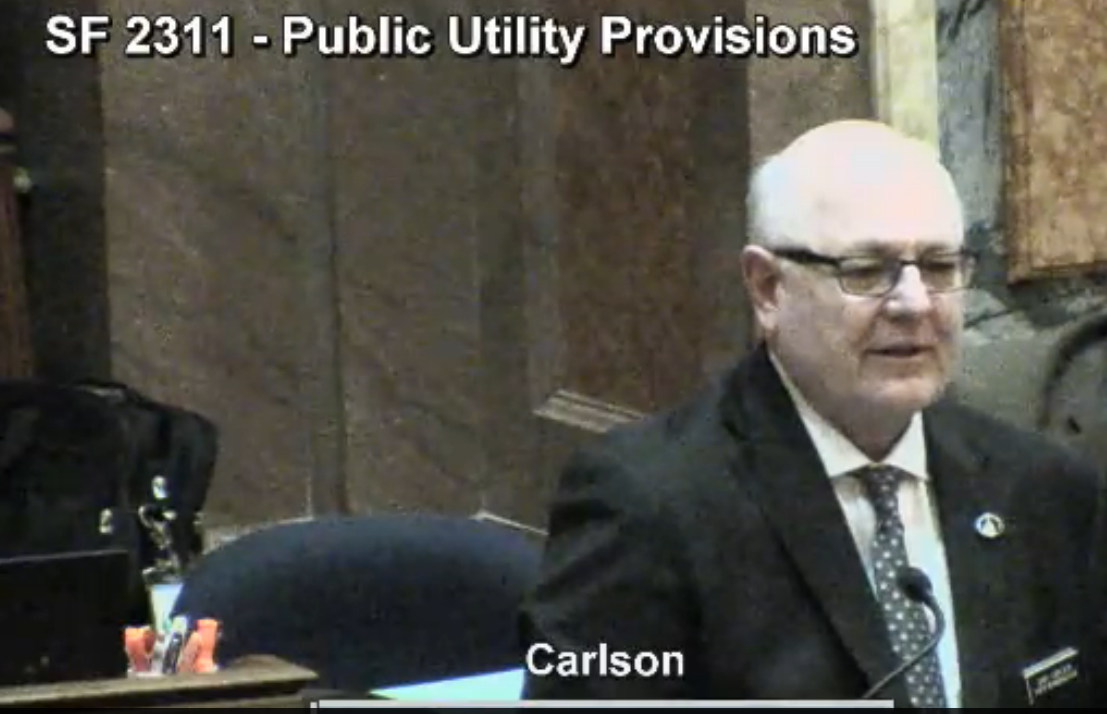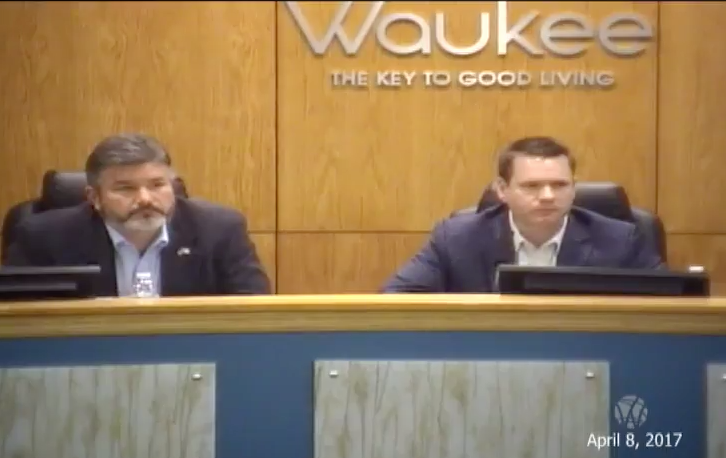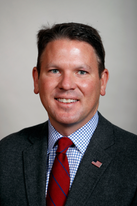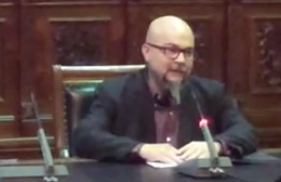From the day I first saw Iowa’s new map of political boundaries in 2011, I had a bad feeling that Republican Tom Latham would be representing me in Congress for most of this decade. I did not see today’s news coming: in an e-mail to supporters this afternoon (full text here), the ten-term incumbent announced that he will not seek re-election to the U.S. House in 2014. Latham plans to spend more time with his family.
The Democratic Congressional Campaign Committee was already targeting Iowa’s third Congressional district, and Latham was in the National Republican Congressional Committee’s incumbent protection program. As an open seat, the race will be far more competitive than if longtime incumbent Latham were on the ballot. I am curious to see which Republicans jump in this race. I doubt Des Moines-based teacher and business owner Joe Grandanette, who had already announced a primary challenge to Latham, will be the GOP nominee. I assume several state legislators or former legislators will go for it, but probably not State Senator Brad Zaun, who couldn’t beat Leonard Boswell in the biggest Republican landslide in decades.
Former State Senator Staci Appel has a head start in the race for the Democratic nomination, with nearly $200,000 cash on hand as of September 30 and the support of several Democratic-aligned interest groups, including EMILY’s List. Gabriel De La Cerda is the other declared Democratic candidate in IA-03. With Latham retiring, I wonder if other Democrats will jump in the race. For instance, State Senator Matt McCoy was planning to run for Congress in the third district in 2002 before Representative Boswell decided to move to Des Moines so as not to face Steve King in what was then IA-05.
As of December 1, IA-03 contained 157,456 active registered Democrats, 164,311 Republicans, and 160,205 no-party voters, according to the Iowa Secretary of State’s office.
UPDATE: Shortly after news broke of Latham’s retirement, Appel sent out a fundraising appeal and tweeted that her team was “thrilled to see our work holding Latham accountable has paid off.”
SECOND UPDATE: State Senator Janet Petersen comes to mind as a potential Democratic candidate as well. On the Republican side, I wonder whether some mayors or Waukee City Council Member Isaiah McGee will go for it.
THIRD UPDATE: Lieutenant Governor Kim Reynolds already ruled out running for Congress, but Iowa Secretary of State Matt Schultz is seriously considering it.
I’ve added Appel’s statement on today’s news after the jump.
FOURTH UPDATE: Added Schultz’s statement after the jump. He served as a Council Bluffs City Council member before running for Iowa secretary of state.
Iowa Senate Majority Leader Mike Gronstal lives in IA-03 and could run for Congress without risking his state Senate seat, since he’s not up for re-election until 2016.
Also added statements from Representatives Bruce Braley, Dave Loebsack, and the Iowa Democratic Party below. Iowa Citizens for Community Improvement Action released a statement calling on Latham to help move immigration reform forward, now that he “has nothing to lose.”
Have to agree with John Deeth: “On the GOP side I expect a clown car and maybe even another convention.” State Senators Brad Zaun and Jack Whitver are both thinking about it.
FIFTH UPDATE: Added statement from Gabriel De La Cerda, who was the first Democrat to declare in IA-03 earlier this year.
Continue Reading...














